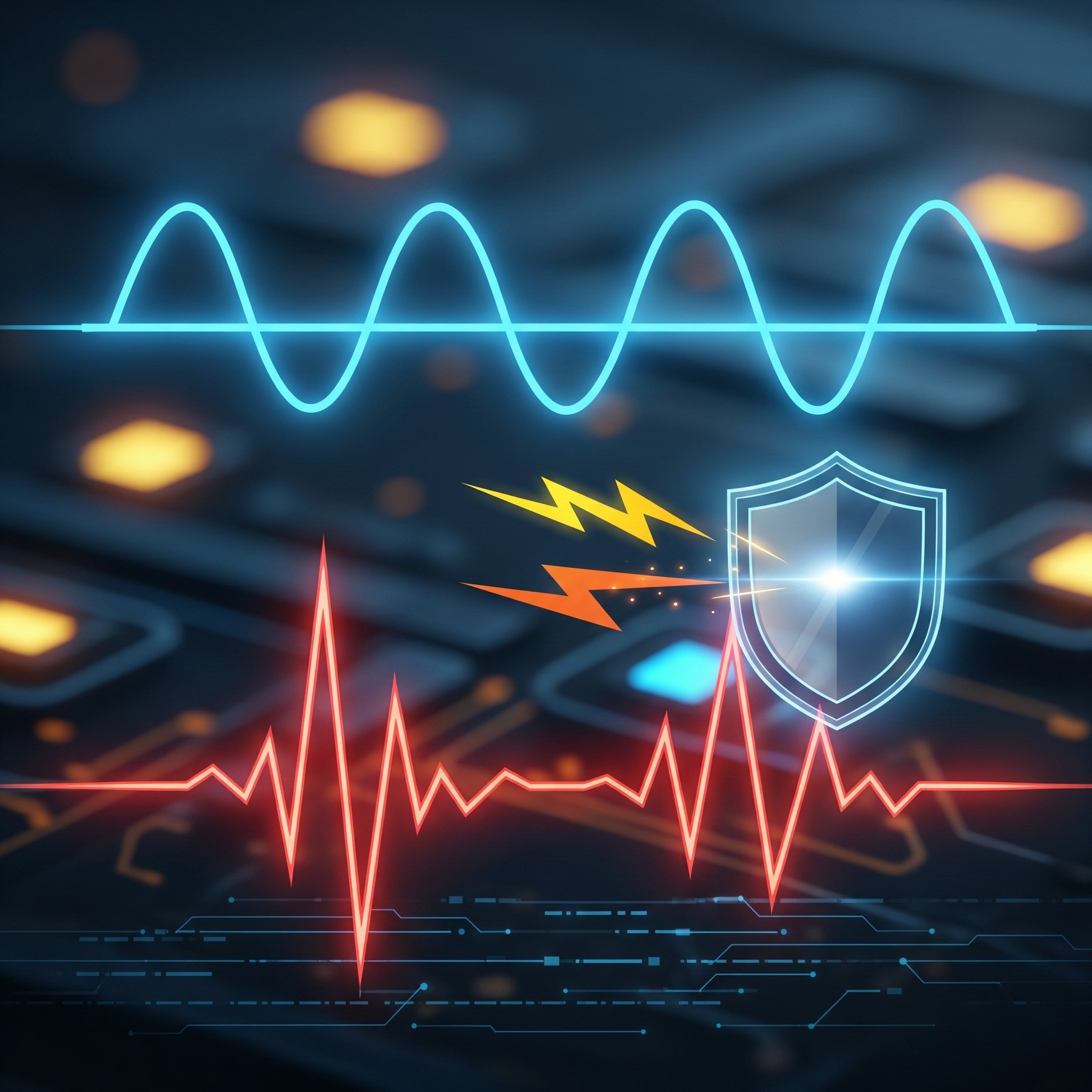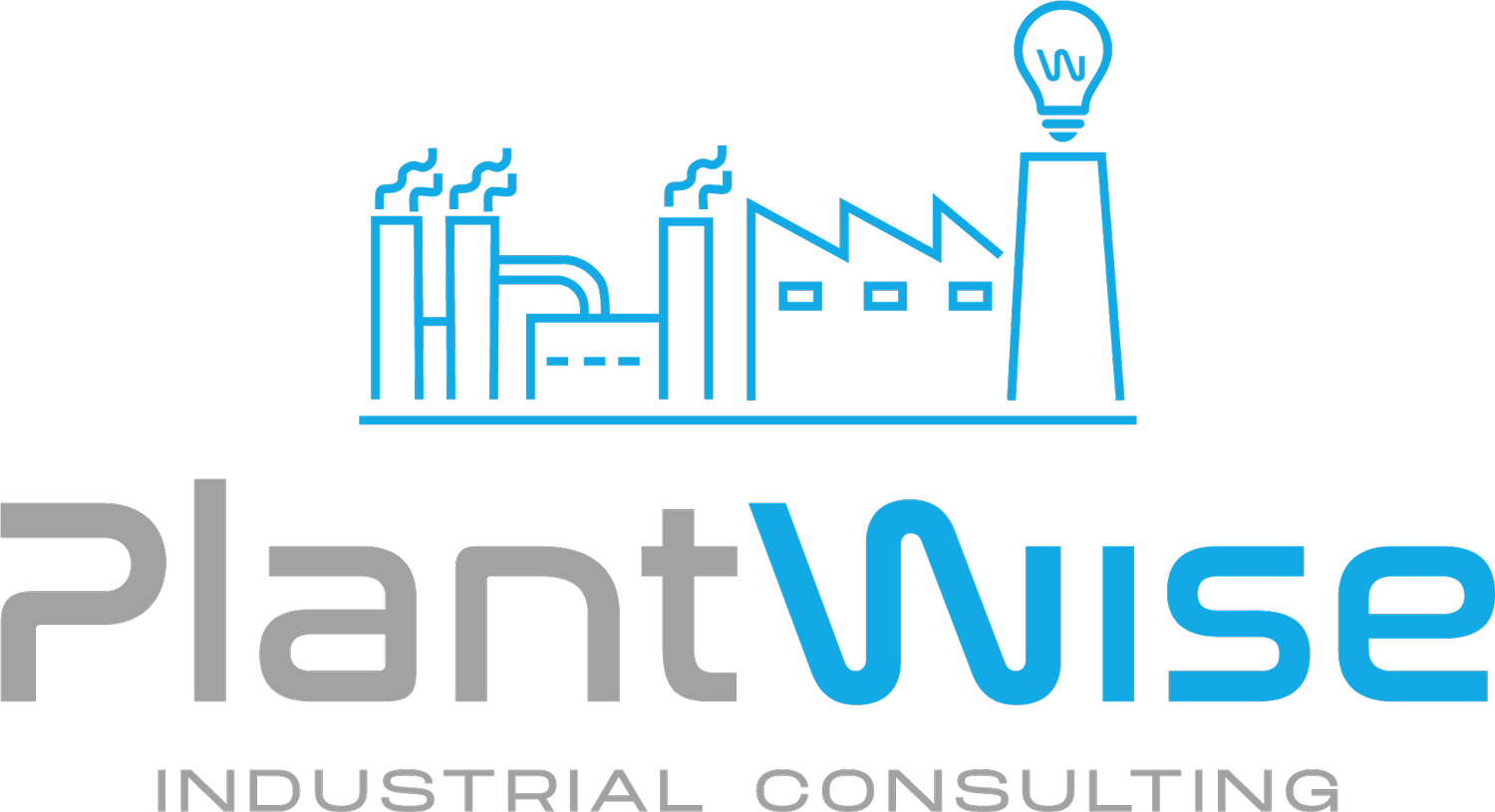 Image 1 of 1
Image 1 of 1


PC-EE101: Powering Reliability – Ensuring Optimal Power Quality for Control Systems
Course Title: Powering Reliability – Ensuring Optimal Power Quality for Control Systems
Date: 09/17/25
Time: 2:00PM Central Time (GMT-5)
Professional Development Hours (PDH): 2.0
Delivery Format: Live Virtual (via Microsoft Teams)
Level: Intermediate
Duration: 2 hours
Cost: $199 per person
Course Overview
Are you confident that your multimillion-dollar refinery control system is protected from the invisible threats lurking in your power supply? Are you relying on standard wall power for your critical industrial processes?
This essential Micro-Seminar delves into the often-underestimated impact of power quality on the integrity and longevity of your control systems. We'll challenge the assumption that robust hardware is enough, revealing how inconsistent or "dirty" power can lead to costly anomalies, premature equipment failure, and frustrating process upsets.
Explore critical questions such as: What truly constitutes a high-integrity power feed system for your sensitive control equipment? Are the process anomalies you experience more frequently a result of spectacular lightning strikes, or are they silently generated by insidious man-made transients within your facility's electrical infrastructure?
You will gain an understanding of what a truly resilient power delivery system looks like, from protective measures against common disturbances to advanced considerations for maintaining pristine power. Equip yourself with the knowledge to safeguard your control systems, reduce downtime, and ensure the consistent, reliable operation of your entire industrial process.
The course can extend an extra half hour or so, depending on questions and interaction with the attendees.
Learning Objectives
By the end of this course, participants will be able to:
Define and recognize the characteristics of a high-integrity power feed system for control applications.
Identify common sources of power quality issues, including man-made transients and their impact on control systems.
Differentiate between various power anomalies (e.g., sags, swells, harmonics, transients) and their specific effects on DCS hardware.
Understand the protective measures and design principles necessary to mitigate power quality risks.
Develop strategies for assessing and improving power quality to enhance control system reliability and longevity.
Topics
The Hidden Impact of Power Quality
Why the quality of standard wall power isn't always good enough for you control system.
The unseen threats: How inconsistent power causes costly anomalies.
Lightning strikes vs. man-made transients: Identifying the true sources of system disruption.
Designing for Power Integrity
Key characteristics of a robust and high-integrity power feed system.
Understanding grounding, shielding, and surge protection.
The role of Uninterruptible Power Supplies (UPS) and power conditioning units.
Mitigating Power Anomalies
Identifying common power quality issues (e.g., voltage sags, swells, harmonics, noise).
Strategies for diagnosing and troubleshooting power-related control system problems.
Best practices for installation and maintenance to ensure optimal power quality.
What’s Included
Live virtual instruction
Certificate of Completion
Who Should Attend
Automation Integrators
Electrical Engineers
Controls Engineers
Automation Engineers
Reliability Engineers
Facility Maintenance Managers
Registration and Payment
After registration and payment, you will receive a Microsoft Teams invite via email with a calendar link and passcode to join the live session.
Course Title: Powering Reliability – Ensuring Optimal Power Quality for Control Systems
Date: 09/17/25
Time: 2:00PM Central Time (GMT-5)
Professional Development Hours (PDH): 2.0
Delivery Format: Live Virtual (via Microsoft Teams)
Level: Intermediate
Duration: 2 hours
Cost: $199 per person
Course Overview
Are you confident that your multimillion-dollar refinery control system is protected from the invisible threats lurking in your power supply? Are you relying on standard wall power for your critical industrial processes?
This essential Micro-Seminar delves into the often-underestimated impact of power quality on the integrity and longevity of your control systems. We'll challenge the assumption that robust hardware is enough, revealing how inconsistent or "dirty" power can lead to costly anomalies, premature equipment failure, and frustrating process upsets.
Explore critical questions such as: What truly constitutes a high-integrity power feed system for your sensitive control equipment? Are the process anomalies you experience more frequently a result of spectacular lightning strikes, or are they silently generated by insidious man-made transients within your facility's electrical infrastructure?
You will gain an understanding of what a truly resilient power delivery system looks like, from protective measures against common disturbances to advanced considerations for maintaining pristine power. Equip yourself with the knowledge to safeguard your control systems, reduce downtime, and ensure the consistent, reliable operation of your entire industrial process.
The course can extend an extra half hour or so, depending on questions and interaction with the attendees.
Learning Objectives
By the end of this course, participants will be able to:
Define and recognize the characteristics of a high-integrity power feed system for control applications.
Identify common sources of power quality issues, including man-made transients and their impact on control systems.
Differentiate between various power anomalies (e.g., sags, swells, harmonics, transients) and their specific effects on DCS hardware.
Understand the protective measures and design principles necessary to mitigate power quality risks.
Develop strategies for assessing and improving power quality to enhance control system reliability and longevity.
Topics
The Hidden Impact of Power Quality
Why the quality of standard wall power isn't always good enough for you control system.
The unseen threats: How inconsistent power causes costly anomalies.
Lightning strikes vs. man-made transients: Identifying the true sources of system disruption.
Designing for Power Integrity
Key characteristics of a robust and high-integrity power feed system.
Understanding grounding, shielding, and surge protection.
The role of Uninterruptible Power Supplies (UPS) and power conditioning units.
Mitigating Power Anomalies
Identifying common power quality issues (e.g., voltage sags, swells, harmonics, noise).
Strategies for diagnosing and troubleshooting power-related control system problems.
Best practices for installation and maintenance to ensure optimal power quality.
What’s Included
Live virtual instruction
Certificate of Completion
Who Should Attend
Automation Integrators
Electrical Engineers
Controls Engineers
Automation Engineers
Reliability Engineers
Facility Maintenance Managers
Registration and Payment
After registration and payment, you will receive a Microsoft Teams invite via email with a calendar link and passcode to join the live session.
